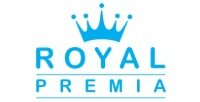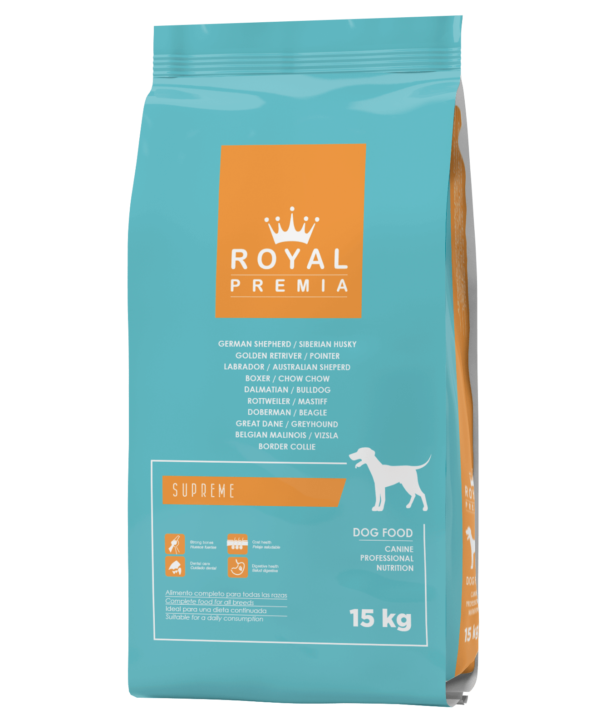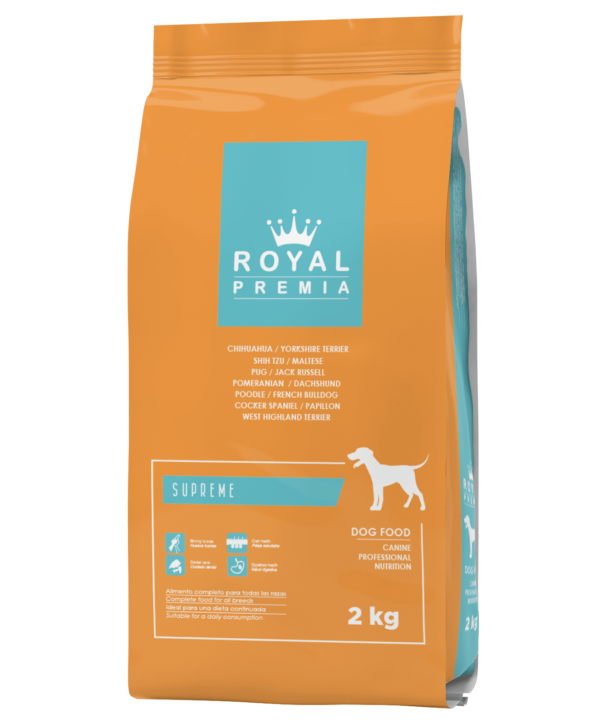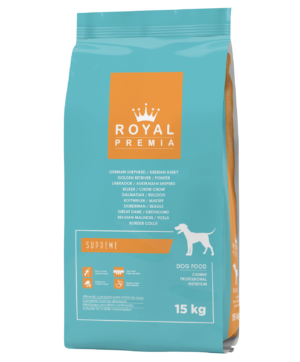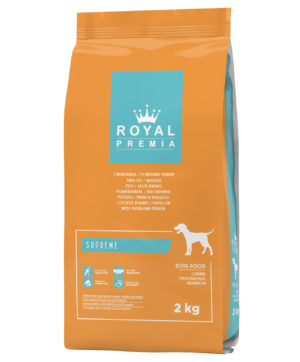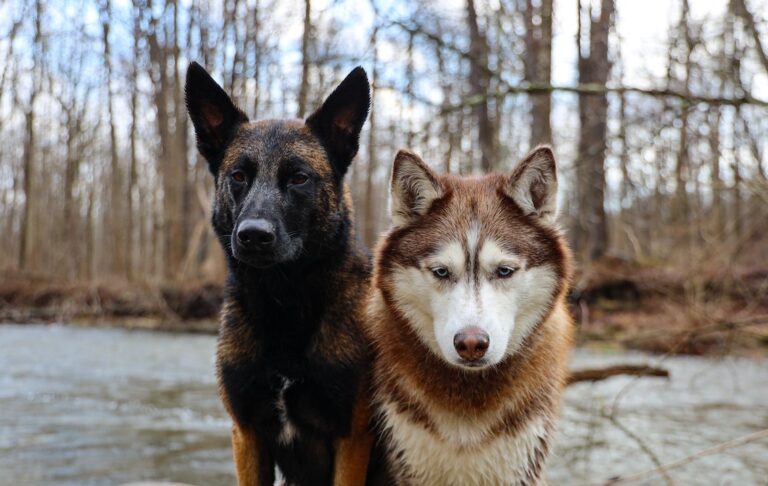Importance of Vitamins and Minerals in Dog Food
As loving pet parents, we all want to ensure that our furry friends lead happy, healthy lives. One crucial aspect of their well-being is providing them with a balanced and nutritious diet. dogs require a range of essential vitamins and minerals to support their overall health and keep them full of vitality.
Let’s dive into the world of dog food and learn about the essential nutrients your canine companion needs to thrive!
Vitamin A
Vitamin A plays a vital role in maintaining your dog’s vision, immune system, and skin health. It is commonly found in ingredients like carrots, sweet potatoes, and liver. Ensuring your dog gets enough vitamin A in their diet can help keep their eyes bright and their skin coat shining.
Vitamin D
Known as the “sunshine vitamin,” vitamin D is crucial for proper calcium and phosphorus absorption, promoting strong bones and teeth. While your pup can produce some vitamin D through sunlight exposure, it’s also found in fortified dog foods and fatty fish like salmon.
Vitamin E
Vitamin E is a powerful antioxidant that helps protect your dog’s cells from damage and supports a healthy immune system. Nuts, seeds, and vegetable oils are great sources of vitamin E and can be included in your dog’s diet in moderation.
Vitamin B Complex
The B-vitamin family includes B1 (Thiamine), B2 (Riboflavin), B3 (Niacin), B5 (Pantothenic Acid), B6 (Pyridoxine), B7 (Biotin), B9 (Folate), and B12 (Cobalamin). These vitamins play various roles, such as aiding in metabolism, energy production and maintaining healthy skin and coat. Dogs can get these essential B vitamins from meats, whole grains, and leafy greens.
Vitamin C
While dogs can produce their own vitamin C, providing additional sources in their diet can help support their immune system and overall health. Fruits like oranges, blueberries, and strawberries are tasty options to include in your pup’s diet.
Calcium
Calcium is crucial for building and maintaining strong bones and teeth in dogs. It is commonly found in dairy products like yogurt and cheese, as well as in some vegetables like broccoli and kale. Ensuring your dog’s diet contains an adequate amount of calcium is particularly important for growing puppies and senior dogs.
Phosphorus
Working hand in hand with calcium, phosphorus is another mineral essential for maintaining your dog’s bone health. Meat, fish, and dairy products are good sources of phosphorus in dog food.
Iron
Iron is responsible for carrying oxygen in the blood and supporting healthy muscle function. Red meat and organ meats like liver are rich sources of iron, making them excellent additions to your dog’s diet.
Overall
Feeding your furry friend a balanced diet that includes essential vitamins and minerals is essential for their overall well-being. By providing them with the right nutrients, you can help keep their immune system strong, their bones healthy and their coat shiny.
Remember to consult with your veterinarian to determine the specific dietary needs of your dog based on their age, size and health condition. With proper nutrition and lots of love, you can ensure your canine companion enjoys a happy and healthy life by your side!
Royal Premia Dog Food
-
Basic Adult Dry Dog Food 15kg All Medium and Large Breeds
-
Basic Adult Dry Dog Food 2kg All Small Breeds
-
Supreme Dry Dog and Puppy Food 15kg All Medium and Large Breeds
-
Supreme Dry Dog and Puppy Food 2kg All Small Breeds
Frequently Asked Questions
Are there specific vitamins and minerals that puppies or senior dogs need more of?
Puppies and senior dogs have different nutritional requirements. Puppies require more nutrients for growth and development, such as calcium and phosphorus. Senior dogs may benefit from supplements like glucosamine and chondroitin to support joint health. Always consult your veterinarian for age-specific dietary recommendations.
Can I give my dog multivitamin supplements just to be safe?
Giving your dog multivitamin supplements without a veterinarian’s recommendation is unnecessary and can potentially lead to nutrient imbalances. High doses of certain vitamins can be toxic. Always consult your veterinarian before adding any supplements to your dog’s diet.
